Overview
The Color Sensor Module (TCS3200) is a high-precision color detection sensor based on the TCS3200 programmable color light-to-frequency converter. It measures the intensity of red, green, blue (RGB) and clear light using a photodiode array with integrated filters and outputs a frequency proportional to light intensity. This makes the module easy to interface with microcontrollers and ideal for robotics, industrial sorting, quality control, and educational projects.
How the TCS3200 Color Sensor Works
The TCS3200 contains an array of photodiodes and filter sets (red, green, blue, clear). Each filtered photodiode converts incident light into a current, which the on-chip circuitry converts into a square-wave frequency output. Frequency is proportional to light intensity, so microcontrollers can measure color by timing pulses.
Key advantages
- Direct light-to-frequency output simplifies microcontroller interfacing (no ADC required).
- Selectable frequency scaling (2%, 20%, 100%) for signal conditioning and low-power use.
- Fast response for real-time color detection tasks.
- Compact and low-power, suitable for embedded systems and portable projects.
Key Features
- TCS3200 color light-to-frequency converter for accurate color detection
- Detects RGB and white (clear) light components with high precision
- Built-in photodiode array with red, green, blue, and clear filters
- Adjustable frequency scaling: 2%, 20%, 100% for flexible sensitivity
- High-speed detection with a stable frequency output
- Compatible with Arduino, Raspberry Pi, and most microcontrollers
- Compact design and low power consumption for embedded applications
Technical Specifications
- Sensor chip: TCS3200 color light-to-frequency converter
- Output: Square-wave frequency proportional to light intensity
- Filters: Red, Green, Blue, Clear (no filter) photodiode array
- Frequency scaling options: 2%, 20%, 100%
- Supply voltage: 3.3 V to 5 V (typical, check module documentation)
- Typical current consumption: Low-power operation, varies with scaling
- Interface: Digital pulse output (measure with microcontroller input pin)
Compatible Platforms
- Arduino (Uno, Nano, Mega) – easy libraries and examples available
- Raspberry Pi – measure pulses via GPIO or use external counter
- ESP32, STM32, and other 3.3 V/5 V microcontrollers
Typical Applications
- Color sorting machines and industrial automation
- Object recognition and color tracking in robotics
- Smart agriculture for fruit and vegetable classification
- Quality control and material inspection in manufacturing
- Educational STEM projects and prototyping
Quick Start Guide
Basic connections (example with Arduino):
- VCC to 5 V (or 3.3 V depending on module)
- GND to ground
- S0, S1 – frequency scaling selection pins (set to desired scale: 2%, 20%, 100%)
- S2, S3 – photodiode filter selection pins (choose R, G, B or Clear)
- OUT – frequency output to an interrupt-capable digital input pin on your MCU
Basic Arduino approach:
- Configure S0/S1 for the desired scaling.
- Switch S2/S3 to select the color filter (red, green, blue or clear).
- Use pulseIn() or an interrupt routine to measure the frequency on OUT.
- Convert frequency readings to relative intensity and apply calibration to determine color values.
Tip: Calibrate readings under your target lighting conditions and use the clear channel for ambient light normalization.
Why Choose the TCS3200 Color Sensor Module
- Reliable color detection with simple frequency output that eliminates complex ADC circuitry.
- Flexible sensitivity and fast response for both DIY and industrial use cases.
- Wide compatibility with popular microcontrollers and single-board computers for rapid prototyping.
Note: Images are for illustration purposes only.


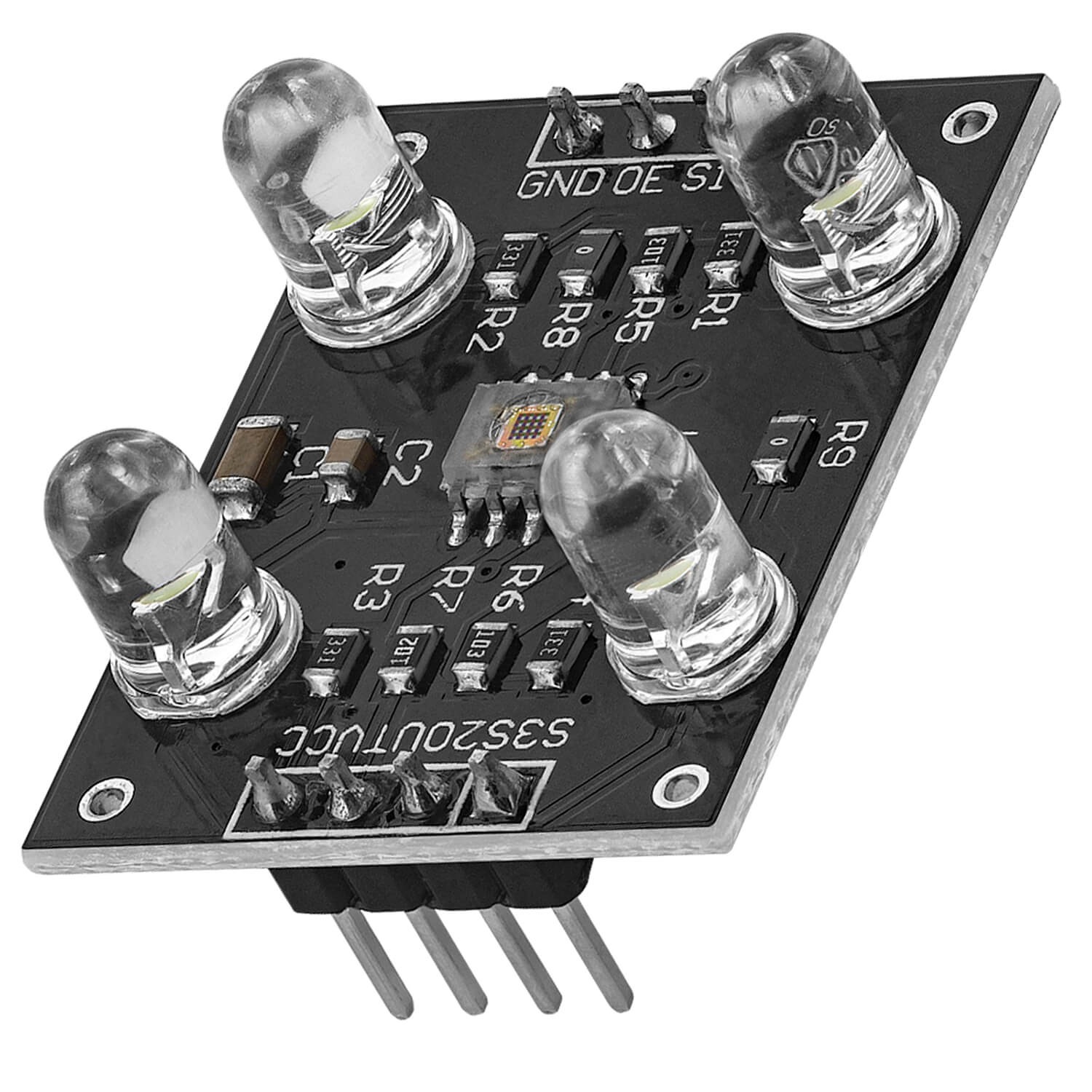


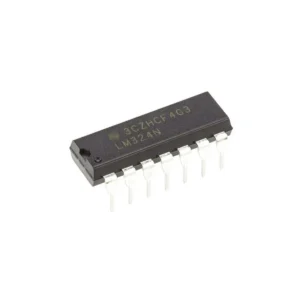
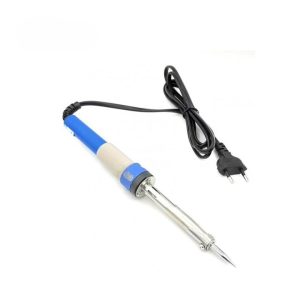
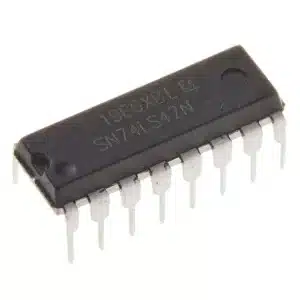

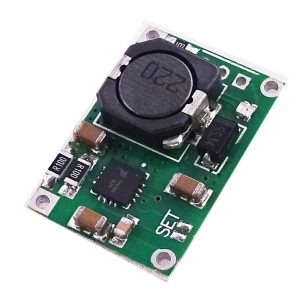

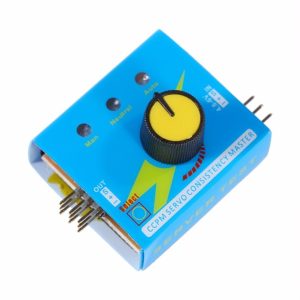
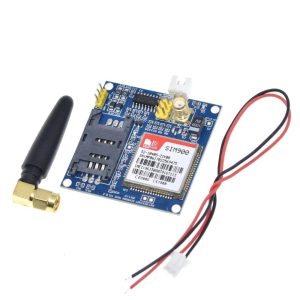
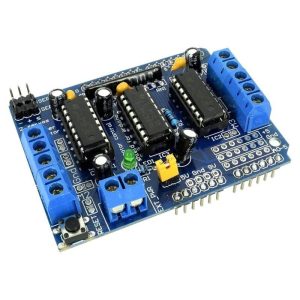
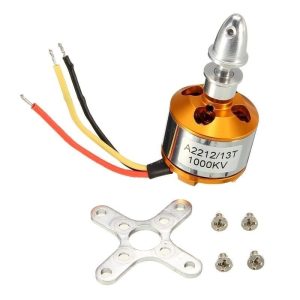

Ayyaz Yyaz (verified owner) –
Ayyaz Yyaz –